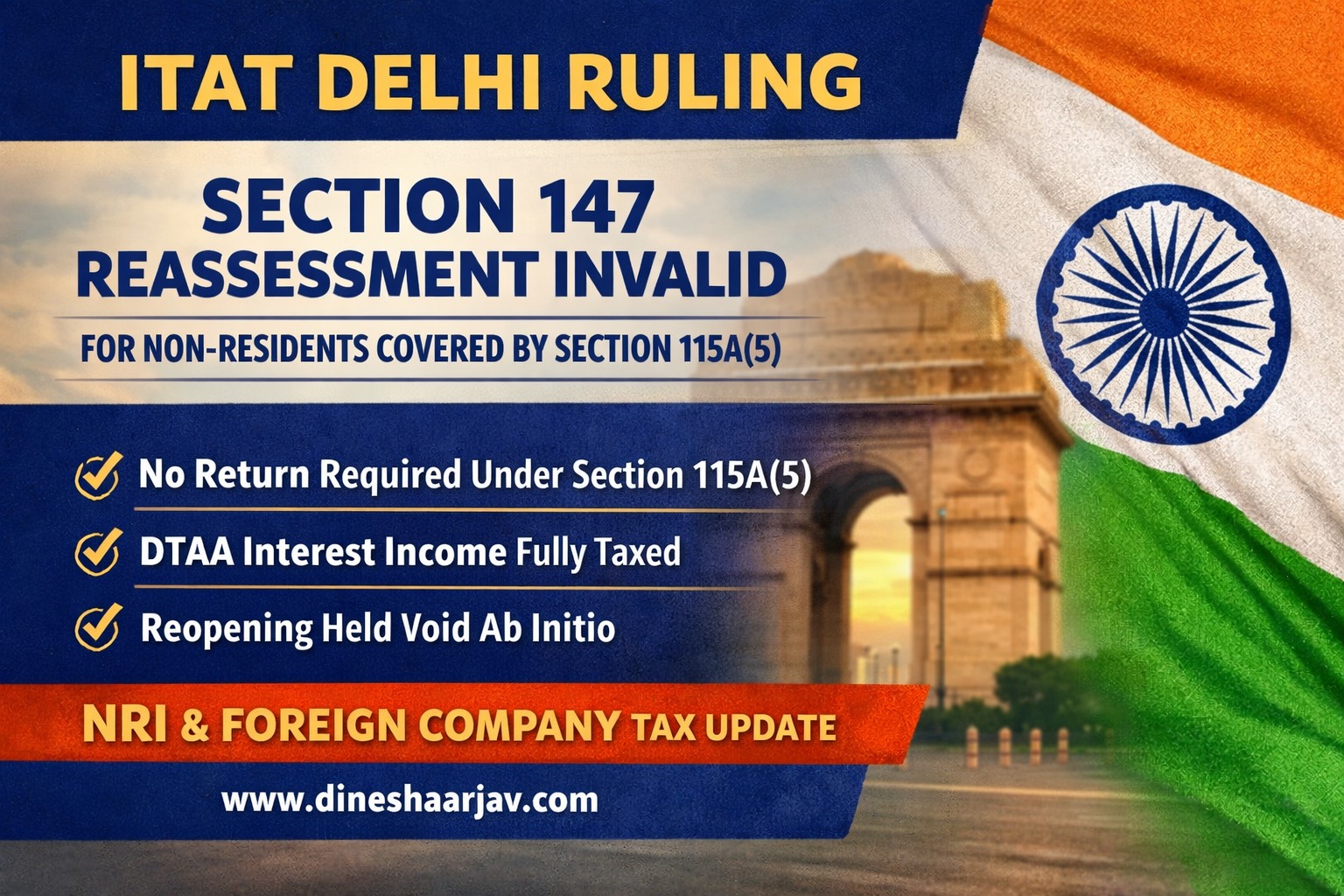 WhatsApp
WhatsApp
 Call Us
Call Us
 Email Us
Email Us
 Whatsapp Community
Whatsapp Community

If you're an Indian Resident or an NRI wondering whether your UK ISA investments are taxable in India, you're not alone. This comprehensive and SEO-optimized guide will walk you through everything you need to know about the taxation of ISAs in India — especially under the latest 2025 capital gains tax rules.
An Individual Savings Account (ISA) is a popular UK-based investment account that allows residents of the United Kingdom to save or invest without paying tax on interest, dividends, or capital gains.
There are four main types of ISAs:
Yes, India does tax ISA investments, if you are a Resident and Ordinarily Resident (ROR) in India under the Indian Income Tax Act.
ISAs are tax-free only in the UK. The tax-free benefit is not recognized by Indian tax laws.
So, if you're an NRI who has returned to India or someone holding ROR status, your ISA income will be taxed in India as follows:
| Type of ISA | Nature of Income | Taxability in India |
| Cash ISA | Interest Income | Taxable under "Income from Other Sources" |
| Stocks & Shares ISA | Dividends & Capital Gains | Taxable under respective heads |
| Lifetime ISA | Depends on investment type | Taxable as per underlying income |
| Innovative Finance ISA | Interest from lending | Taxable under "Other Sources" |
If you're investing in equities or mutual funds via a Stocks & Shares ISA as part of your NRI investment in India, the capital gains arising from sales of such assets are taxable in India if you are a ROR individual.
Note: NRIs and RNORs are taxed only on income received or accrued in India. ISA income is not taxed unless you become ROR.
From the assessment year 2025-26 onwards, the Indian Government has introduced a streamlined capital gains tax regime. Here’s how it impacts your ISA holdings:
There will now be only two holding periods to determine capital gains:
| Asset Type | Holding Period for LTCG |
| Listed securities (equity shares, ETFs) | >12 months |
| Unlisted shares | >24 months |
| Bonds, debentures, gold, debt mutual funds | >24 months (reduced from 36 months) |
| Immovable property | >24 months |
Long-Term Capital Gains (LTCG)
Short-Term Capital Gains (STCG)
If your ISA pays dividends (such as from UK stocks or mutual funds held within the ISA), those dividends are taxable in India if you are a ROR.
Yes. India and the UK have a DTAA between India and UK. Under this agreement, you can claim credit in India for any tax paid in the UK on your ISA income (though most ISAs are tax-free in the UK).
Form 67 must be filed to claim foreign tax credit.
Bringing ISA funds to India through official banking channels (via NRO/NRE accounts) is not taxable per se. However, the income earned from ISA investments will be taxed in India if you're ROR.
No, UK ISAs are NOT tax-free in India if you are ROR. ISA interest, dividends, and capital gains must be disclosed in your Indian tax returns.
With the updated 2025 tax regime, ISA income will attract capital gains tax as per the new holding periods and tax slabs, making it crucial to restructure or exit such accounts upon becoming ROR.
For detailed NRI tax planning and personalized advice on managing overseas investments from India, reach out to us.







Stay in the loop, subscribe to our newsletter and unlock a world of exclusive updates, insights, and offers delivered straight to your inbox.